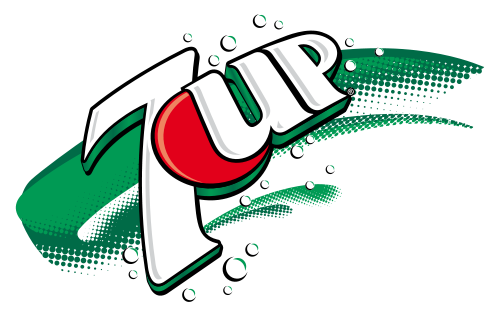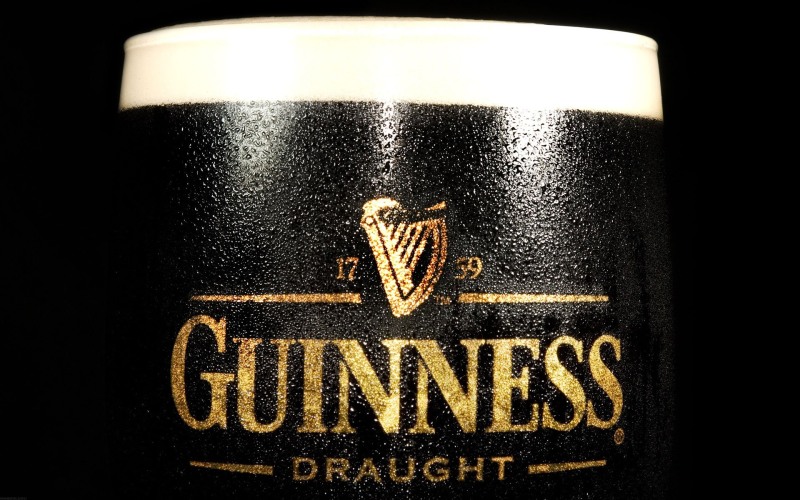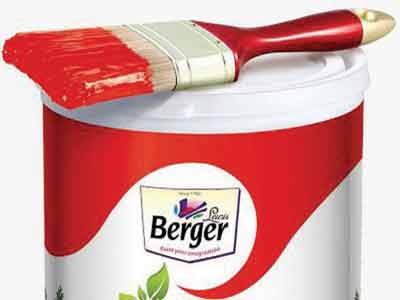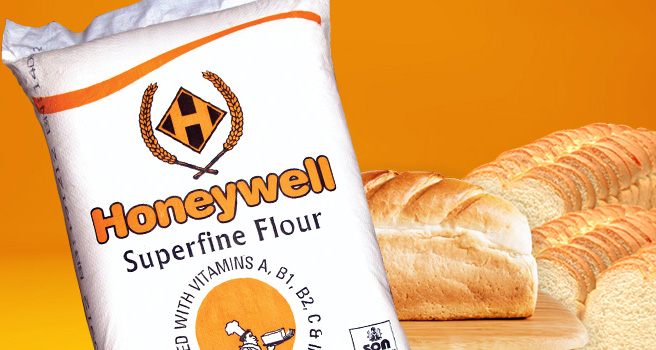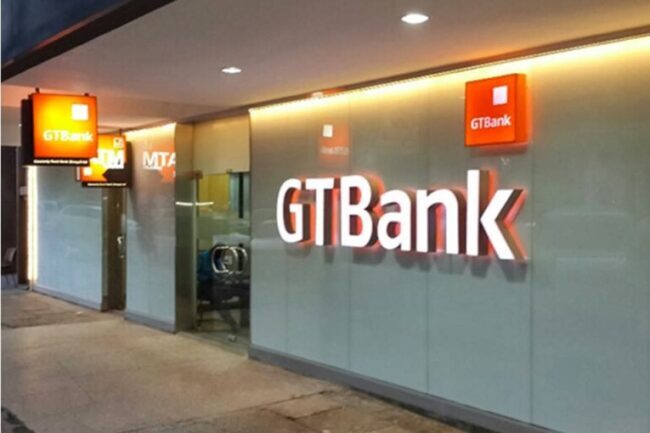Seven Up Bottling Company experienced a slowdown in earnings growth in its last financial year, which has intensified to a sharp drop in the current year ending March. The soft drinks company lost one-half of profit at the end of the third quarter operations ended December 2015 and looks very likely to end the financial year in March with the lowest profit figure in three years.
The company maintained high growth in earnings and consistent gains in market share until the last financial year when both revenue and profit slowed down. In the current year, the strength in earnings performance appears to have been completely lost. The problem is inability to grow sales revenue in the face of rising operating cost.
Sales revenue failed to pick up as at the end of the third quarter and cost of sales and finance charges claimed increased proportions of earnings. The result is a significant loss of profit margin and a major fall in profit. The company sustained profit growth since 2011/12 financial year but the current financial year is apparently the end of the good trend.
The company closed the third quarter trading last December with sales revenue flat at N60.23 billion, the worst revenue growth record in several years. The company’s critical selling period is the final quarter and sales volume is expected to step up during the period or revenue will decline at full year.
Advertisement
Sales revenue is revised slightly down at N82.2 billion for Seven Up Bottling Company at the end of the 2015/16 financial year. That will be a marginal decline from the turnover of N82.45 billion the company posted in the preceding financial year against a moderate growth earlier projected. Seven Up Bottling Company has maintained stable growth in sales volume until last year when sales growth slowed down to 5.9%.
The challenge for the company in the current financial year is that two major cost lines are growing against the weakness in sales revenue. The dominant cost element is cost of sales, which rose by 13.4% year-on-year at the end of the third quarter compared with flat sales revenue during the period. It therefore claimed an increased share of turnover from 62.1% in the same period in the preceding year to 69.9% at the end of the third quarter.
The rise in input cost resulted in a drop of 20% in gross profit to N18.1 billion at the end of the third quarter. Gross profit margin went down from about 38% to 30.1% over the review period. This is a sustaining decline for the second year.
Advertisement
The second cost element that has undermined the company’s profit capacity is finance cost, which rose by about 42% to N2.56 billion at the end of the third quarter. This is however a significant slowdown from the 92% growth recorded in the second quarter. A welcome development is that the rapid growth in balance sheet borrowings the company reported in the second quarter has been checked in the third quarter. Compared with the closing figures for the prior financial year, the company’s total borrowings have declined slightly.
The company remains pressed by cash flow arising from slowly moving sales. A net cash of over N4 billion generated from operating activities at the end of the third quarter is a big leap forward from a net cash utilised in operating activities of N329 million at the end of the second quarter. That is still a sharp drop of 66.6% from the same period in the prior year. The company ended the third quarter operations with a net cash decrease of about N1.7 billion, improving from a net decrease of N2.4 billion in the second quarter.
Management applied cost cutting measures in the other cost lines to counter the effects of rising input cost and finance charges. A drop of over 17.3% in selling/distribution expenses and a reduction by 10.6% in administrative cost are the indications of a successful cost management initiative. The effort enabled the company to prevent a more rapid drop in profit than actually recorded in the third quarter.
The company reported a net profit of N2.23 billion at the end of the third quarter, which is a drop of 50% year-on-year, stretching from a drop of 26.6% in the second quarter. Based on the growth rate in the third quarter, we revise after tax profit projection down to N3.1 billion for Seven Up Bottling Company at full year in March 2016. This is against the N3.98 billion earlier projected and will be a drop of over 56% from the full year after tax profit peak of N7.13 billion the company posted in March 2015. It had grown profit by 11% in the 2014/15 financial year.
Advertisement
Profit growth may still pick up in the company’s final quarter and the full year actual position may turn out much better than projected. Of its full year profit of N7.13 billion for the preceding year, as much as N2.59 billion or 36% was earned in the last quarter.
The ability to convert revenue into profit has weakened for Seven Up on account of rising costs. Net profit margin is down from 7.6% in the same period last year to 3.7% at the end of the third quarter. The company ended last year’s operations with a net profit margin of 8.6%.
Earnings per share amounted to N3.48 for Seven Up at the end of the third quarter, a drop from N7.08 in the same period in the preceding year. Earnings per share is projected at N4.83 for the company at full year. The company earned N11.10 at the end of the prior financial year and paid a cash dividend of N2.50 per share for the year.
Advertisement

